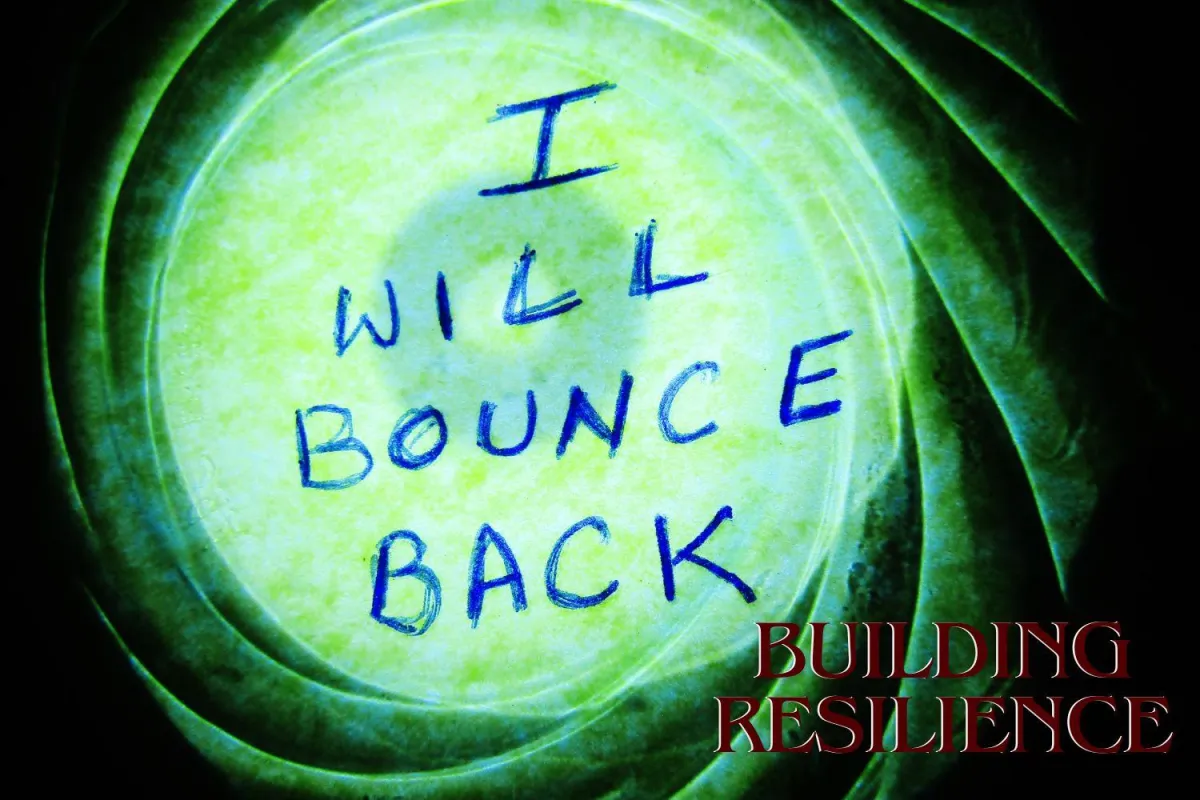Roy LaFollette > Blog

Building Resilience: Strengthening Your Capacity to Thrive
Building Resilience and Coping with Stressful Situations
Throughout our lives, we are frequently confronted with difficult circumstances that can put our physical and mental resilience to the test. Resilience is the capacity to recover quickly from adversity, to adjust to new circumstances, and to develop a more robust character because of these experiences. One of the most important skills that can assist us in navigating the ups and downs of life with grace and resolve is the ability to build resilience. The purpose of this chapter is to present ways for growing resilience and creating coping mechanisms to effectively deal with stress. It will also offer practical guidance on problem-solving, positive thinking, and getting support when it is required.
Understanding Resilience
Resilience is not a natural quality that only a select few people have; rather, it is a skill that can be developed and improved upon over the course of one's lifetime. Our capacity to recover quickly from failures, adjust to novel situations, and flourish despite adversity is a crucial component of this trait. In the same way that a muscle can, be built through practice and experience, resilience can also be strengthened.
Building Resilience
A mindset that is accepting and optimistic
Accepting that difficulties and adverse circumstances are a natural part of life is the first step toward developing resilience. It is more productive to concentrate on the positive features and the chances that may present themselves rather than obsessing on the bad parts. The cultivation of a positive mindset can assist in recasting obstacles as opportunities for personal development and growth, which in turn gives you the ability to go forward.
Developing Problem-Solving Skills
The development of abilities that are effective in problem-solving is essential for the development of resilience. When confronted with a difficult circumstance, it is helpful to break it down into steps that are more manageable and to think about potential solutions. By conducting an impartial analysis of the situation, you will be able to determine the most effective plan of action and work toward finding a solution to the problem.
Building Emotional Awareness
Being able to comprehend and control your feelings is a necessary component of resilience. Your sentiments should be recognized and acknowledged, and you should give yourself permission to experience them without passing judgment on them. Self-compassion should be practiced, and appropriate avenues for expressing emotions should be sought out. Some examples of such outlets include keeping a journal, talking to a trusted friend, or engaging in creative hobbies such as practicing music or painting.
Maintaining a Supportive Network
To develop resilience, it is essential to construct a network of relationships that provide support. While you are going through difficult times, surround yourself with people who will raise you up and support you. It is important to communicate your thoughts and concerns to someone you can trust, such as friends or family members, who can be there to listen, provide advice, and offer a new point of view. You will be able to navigate through challenging circumstances and discover strength in unity if you work together.
Coping with Stress
Self-Care and Methods for Reducing Stress
When coping with stress, it is of the utmost significance to take care of yourself physically and mentally. You should participate in activities that will help you feel refreshed and relaxed, such as going for a run, meditating, or practicing mindfulness. Make getting enough sleep, eating well, and staying hydrated your top priorities to provide your mind and body the energy they need to effectively deal with stress. Keep in mind that taking care of oneself is not an act of selfishness; rather, it is an integral component of total well-being.
Time Management and Prioritization
As a result of being overwhelmed, one's stress levels may often grow. The development of skills in good time management and the ability to prioritize work contributes to the reduction of stress and the improvement of productivity. To make larger projects more achievable, break them down into smaller ones, and establish deadlines that are reasonable. You will be able to complete activities without experiencing feelings of being overwhelmed if you correctly organize your time.
Seeking Support and Professional Help
Don't forget that reaching out for assistance is a sign of strength, not of weakness. Reaching out to a mental health professional is something you should think about doing if stress becomes unbearable or if it continues for a lengthy period. To give you helpful information, educate you skills for coping, and assist you in developing a personalized resilience plan that is suited to your individual requirements, a therapist or counselor can be of great assistance.
Flexibility and Adaptability
It is often necessary to be adaptable and flexible when dealing with stressful conditions. Embrace change as an opportunity for personal development and remain open to the prospect of new opportunities. You should keep in mind that obstacles are just temporary, and if you maintain your ability to adapt, you will be able to overcome them more successfully.
Conclusion
A process that is continuing is the development of coping strategies and the building of resilience to deal with stress. You will be able to strengthen your resilience muscle by using the tactics that are given in this chapter. This will allow you to recover quickly from difficult circumstances and prosper despite the odds that are stacked against you. Always keep in mind that adaptability is a skill that can be acquired and improved upon. You can overcome any challenge that comes your way, emerging stronger and more resilient than you have ever been before, if you have the time, patience, and practice to do so.



Copyright 2023 The Prudent Merchant - Take Another Look by TMSSi All rights reserved

